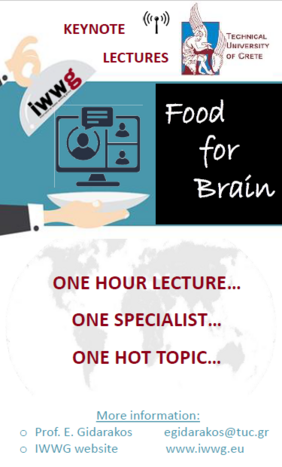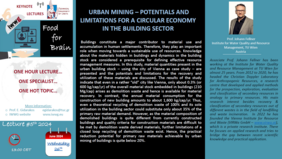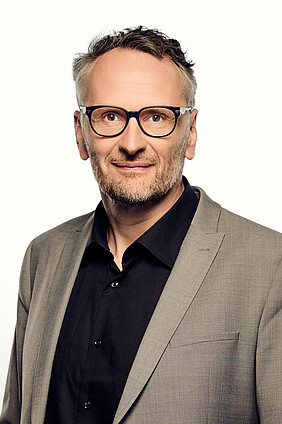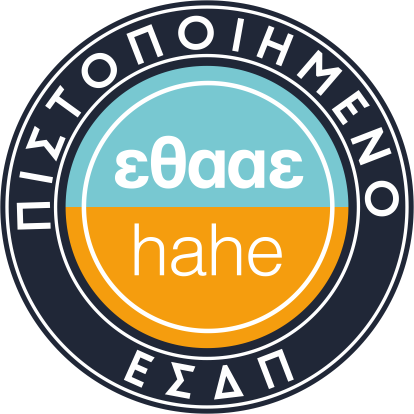Ο Ομ. Καθηγητής του Πολυτεχνείου Κρήτης κ. Ευάγγελος Γιδαράκος, συνεχίζει και φέτος την υλοποίηση διαδικτυακών διαλέξεων σε φλέγοντα θέματα διαχείρισης αποβλήτων, με τίτλο "FOOD for BRAIN".
Την Τετάρτη 26 Ιουνίου 2024 και ώρα 13:00 CET (14:00 ώρα Ελλάδος) ο Καθηγητής Johann Fellner από το Ινστιτούτο Ποιότητας Υδάτων και Διαχείρισης Πόρων, του Πολυτεχνείου της Βιέννης (TU Wien) στην Αυστρία, ως προσκεκλημένος εισηγητής της δράσης "Food for Brain" για τον Ιούνιο, θα παρουσιάσει βασικά στοιχεία για την Αστική εξόρυξη (Urban mining) - Δυνατότητες και περιορισμοί για μια κυκλική οικονομία στον οικοδομικό τομέα.
Η ομιλία του έχει τίτλο: “Αστική Εξόρυξη – Δυνατότητες και Περιορισμοί για μια Κυκλική Οικονομία στον Οικοδομικό Τομέα”
Συμμετοχή μπορεί να πραγματοποιηθεί μέσω του ακόλουθου συνδέσμου:
Περίληψη:
Buildings constitute a major contributor to material use and accumulation in human settlements. Therefore, they play an important role when moving towards a sustainable use of resources. Knowledge about the materials hidden in buildings and dynamics in the building stock are considered a prerequisite for defining effective resource management measures. In the paper at hand, material quantities present in the urban building stock – using the city of Vienna as case study – are presented and the potentials and limitations for the recovery and utilization of these materials are discussed. The results of the study indicate that even in a rather “old” city like Vienna, only about 0.3% (or 600 kg/cap/yr) of the overall material stock embedded in buildings (210 Mg/cap) arises as demolition waste and hence is available for material recovery. In contrast, the annual material consumption for the construction of new building amounts to about 1,600 kg/cap/yr. Thus, even a theoretical recycling of demolition waste of 100% and its sole utilization in the building sector could substitute only about 35% of the primary raw material demand. However, as the material composition of demolished buildings is quite different from currently constructed buildings and quality criteria for construction materials are difficult to be met by demolition waste derived materials, further limitations of a closed loop recycling of demolition waste exist. Hence, the practical reduction potential for primary raw materials achievable by urban mining of buildings is quite below 20%.
Βιογραφικό:
Associate Prof. Johann Fellner has been working at the Institute for Water Quality and Resource Management at TU Wien for almost 25 years.
From 2012 to 2020, he has headed the Christian Doppler Laboratory for Anthropogenic Resources, a research centre that developed and applied methods for the prospection, exploration, evaluation and classification of secondary resources in analogy to primary resources.
His main research interest besides recovery & classification of secondary resources out of different wastes is in the field of landfilling and waste incineration.
In 2022 he has founded the Vienna Institute for Resource and Waste (VIRWa GmbH – www.virwa.at ), which is a private research institute. There he focuses on applied research and tries to bridge the gap between recent scientific knowledge and practical application.

















